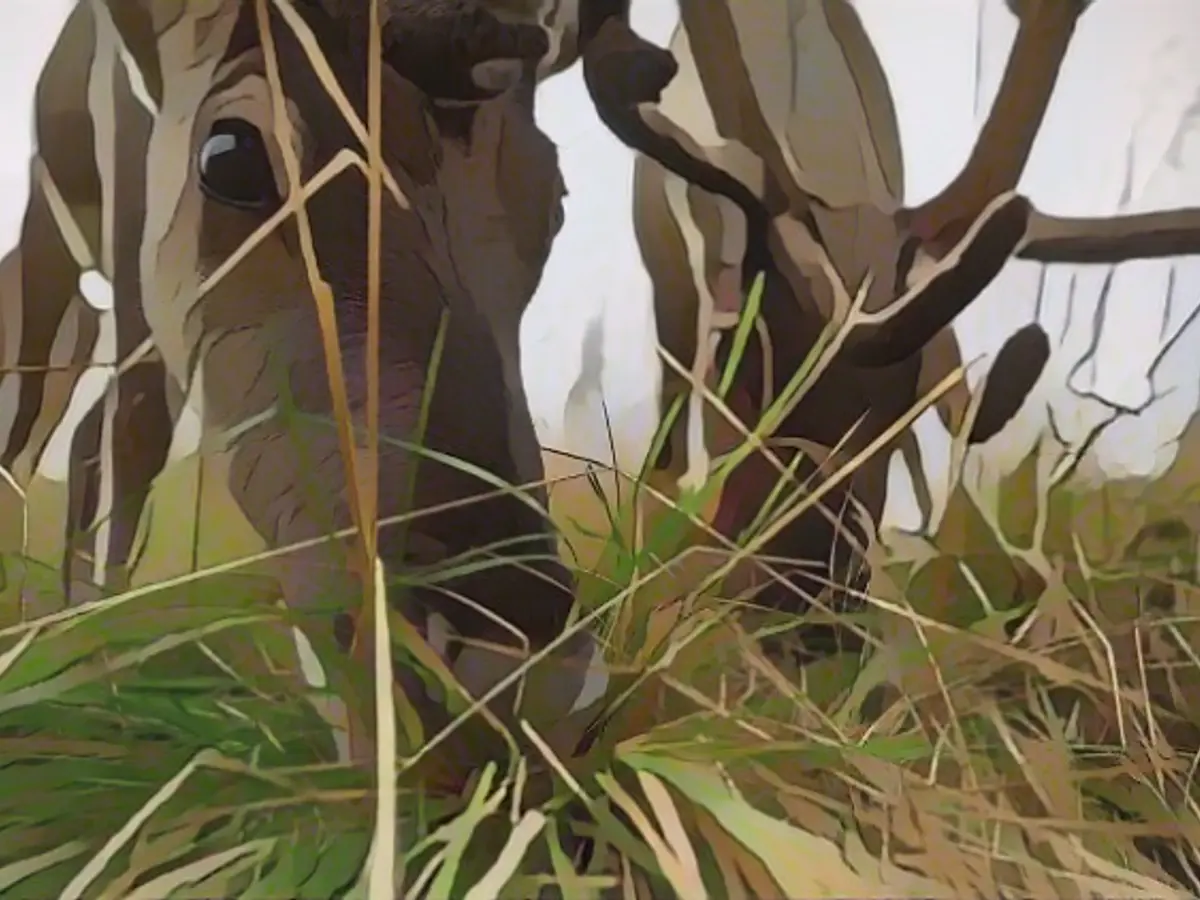Unidentified Individual Dumps Slaughterhouse Garbage in Forest
Someone has thoughtlessly discarded bags filled with slaughterhouse waste, including broiler feathers and poultry remains, in a forest near Wadern-Nunkirchen (Merzig-Wadern district). During an early morning walk, an individual discovered this unsavory find, complete with deceased poultry and waste bags. The Nordsaarland police department disclosed this unsettling news to the public on Sunday.
According to the police, a local chicken and rabbit farmer had reportedly chosen to dispose of the slaughterhouse waste by dumping it in the forest. The police department further explained that the on-duty building yard service needed to promptly address this filth and dispose of it accordingly. Authorities are currently seeking any pertinent information from the public in order to apprehend the individuals involved in this questionable act.
This instance of illegal dumping might pose hazards to the diverse local wildlife in the forest. It's disheartening and concerning that such illicit activities, including the disposal of animal waste, could negatively impact nature and the wildlife dwelling there.
Enrichment Insights:
The repercussions of the careless disposal of slaughterhouse waste on wildlife and the environment necessitates thorough investigation. To better understand the impact of this situation and gather additional information, you can:
- Consult local news sources: Explore regional newspapers, such as German news portal “Spiegel Online,” and other regional news websites for updates and perspectives on this issue.
- Collaborate with environmental organizations: Reach out to organizations like the World Wildlife Fund (WWF) or local German environmental agencies. Their expertise and monitoring activities may offer valuable insights or resources.
- Examine government reports: Review official reports from local, state, or national environmental protection agencies for a comprehensive understanding of the dumping's extent and ecological impact.
- Search academic databases: Utilize academic databases like Google Scholar or ResearchGate to find scientific studies examining the impact of slaughterhouse waste on wildlife and ecosystems.
- Engage with social media and community forums: Join local social media groups, discussion boards, and online forums where residents may share information or concerns about the incident.
- Connect with local authorities: Contact local authorities such as the police department or environmental agency, who may have detailed reports or statements available.
- Explore international organizations: Investigate international environmental organizations like the European Environment Agency (EEA) or the United Nations Environment Programme (UNEP) for relevant data on environmental crimes and their consequences.
- Scour online databases: Utilize online databases, such as the European Union’s environmental database, to track environmental incidents and their impacts.
- Consult local universities: Engage with local universities or research institutions with environmental science departments, as they may have conducted research or have experts who can provide insights.
- Collaborate with animal welfare NGOs: Partner with non-governmental organizations (NGOs) focusing on animal welfare and environmental protection for information and reports on this type of incident.
By pursuing these avenues, you can gain a more complete understanding of the scenario and its consequences on wildlife and the environment.






